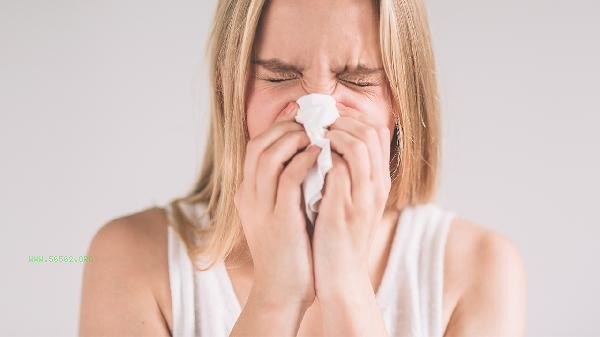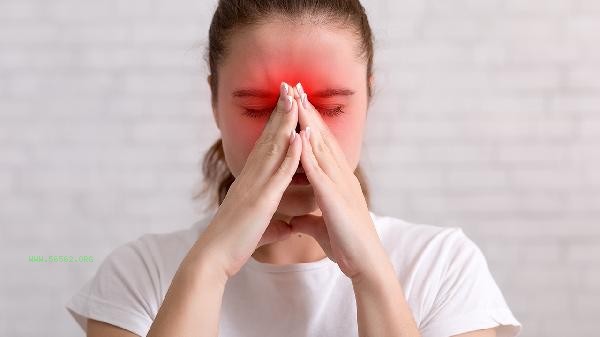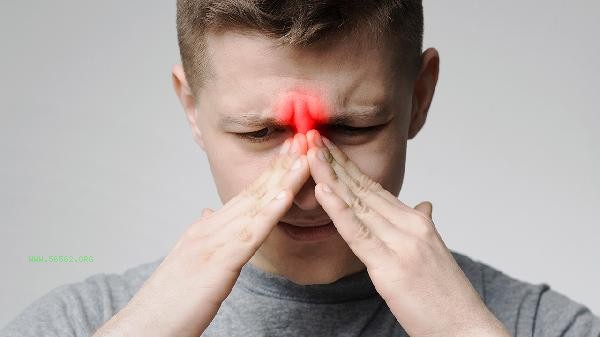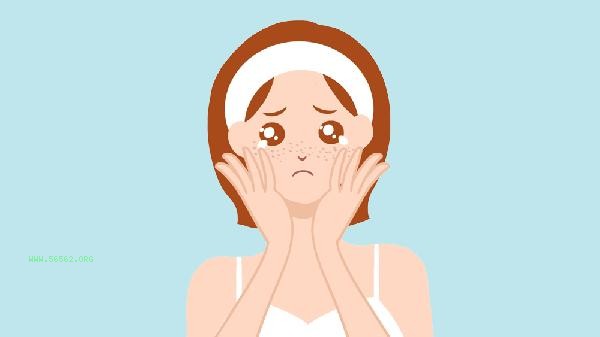Excessive sweating on the neck and face may be related to physiological factors, endocrine disorders, autonomic nervous system disorders, hyperthyroidism, menopausal syndrome, and other factors. Excessive sweating is usually manifested as local or systemic abnormal sweat secretion, which may be accompanied by symptoms such as hot flashes and palpitations.

1. Physiological factors
Excessive environmental temperature or vigorous exercise can lead to increased sweating on the neck and face, which is a normal temperature regulation phenomenon. Wearing breathable clothing and consuming spicy food may also stimulate sweat gland secretion. This type of situation does not require special handling, and can be alleviated by maintaining ventilation and replenishing water in a timely manner.
2. Endocrine disorders
Abnormal hormone levels may affect sweat gland function, commonly seen in individuals with puberty or menstrual cycle disorders. Abnormal secretion of adrenal hormones can lead to local sweating, which may be accompanied by weight fluctuations and emotional distress. Adjusting daily routines can help improve symptoms, and hormone levels may need to be tested if necessary.
Third, autonomic nervous system disorders
Long term stress or anxiety may interfere with the autonomic nervous system, leading to abnormal sweating in the neck and face. This condition is often accompanied by symptoms such as hand tremors and insomnia. Relaxation methods such as deep breathing training and meditation can help regulate neurological function, and in severe cases, professional psychological intervention is necessary.

Fourth, hyperthyroidism
Excessive secretion of thyroid hormones can accelerate metabolism, causing excessive sweating in the neck and face, accompanied by fear of heat and weight loss. Thyroid enlargement or eyeball protrusion are typical signs. Diagnosis needs to be confirmed through blood tests, and commonly used drugs include antithyroid preparations such as methimazole and propylthiouracil.
V. Menopausal Syndrome
A decrease in estrogen levels in women can lead to abnormal vasomotor function, manifested as sudden neck and facial hot flashes and excessive sweating. Symptoms often worsen at night and may be accompanied by emotional fluctuations. Plant estrogen supplementation or black cohosh extract therapy can alleviate symptoms and should be used under the guidance of a doctor.

It is recommended to choose breathable cotton clothing in daily life to avoid spicy food and alcohol stimulation. You can try tapping the sweaty area with green tea water to tighten the pores, but pay attention to skin sensitivity testing. If sweating is accompanied by sudden weight loss, persistent palpitation or night sweating, thyroid disease or infectious diseases should be checked in time. Recording sweating time and triggers can help doctors determine the cause, and it is not recommended to use antiperspirants to mask symptoms.









Comments (0)
Leave a Comment
No comments yet
Be the first to share your thoughts!